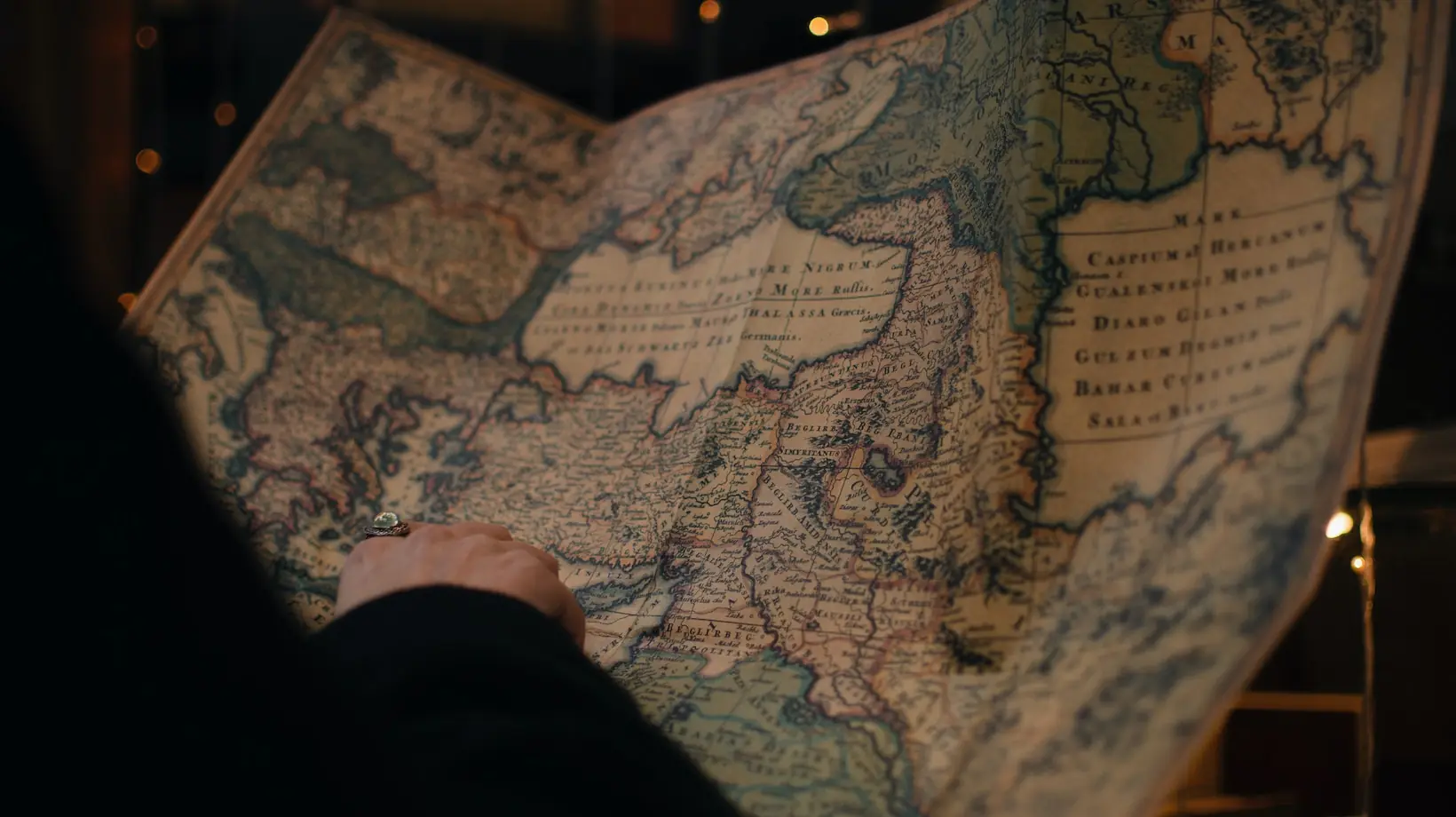Are you looking for comprehensive study guide answers for your world history final exam? Look no further! In this article, I’ll provide you with the key information and insights to help you ace your upcoming test. From ancient civilizations to major historical events, I’ve got you covered with all the essential details.
Delving into world history can be quite overwhelming due to its vast scope. However, with these study guide answers, you’ll be able to navigate through the complexities and grasp the most important concepts. Whether it’s understanding the rise and fall of empires or analyzing significant revolutions, this guide will equip you with the knowledge needed to excel in your exam.
Table of Contents
World History Final Exam Study Guide Answers
In the realm of world history, understanding ancient civilizations is crucial for gaining a comprehensive knowledge of our collective past. Delving into the origins and achievements of these early societies provides valuable insights into human development, cultural diversity, and the foundations of modern civilization. Let’s explore some key ancient civilizations that have left an indelible mark on history.
- Mesopotamia: Often referred to as the “Cradle of Civilization,” Mesopotamia emerged in the fertile lands between the Tigris and Euphrates rivers. This region, encompassing present-day Iraq and parts of Syria, witnessed remarkable advancements in agriculture, architecture, law codes (such as Hammurabi’s Code), and early forms of writing (such as cuneiform). Mesopotamian city-states like Sumer, Babylon, and Assyria laid the groundwork for complex societies that would shape future civilizations.
- Ancient Egypt: Situated along the banks of the Nile River, ancient Egypt flourished for thousands of years with its awe-inspiring pyramids, majestic pharaohs, and intricate belief systems centered around gods like Ra and Osiris. The Egyptians developed hieroglyphics as a form of written language while leaving behind an enduring legacy through their engineering marvels such as the Great Sphinx and temples like Karnak and Luxor.
- Indus Valley Civilization: Located in present-day Pakistan and northwest India, this enigmatic civilization thrived around 2500 BCE with impressive urban planning techniques seen in cities like Mohenjo-daro and Harappa. The Indus Valley people displayed sophisticated craftsmanship in pottery making, intricate jewelry design, efficient drainage systems, indicating a highly organized society.
- Ancient Greece: Renowned for its contributions to philosophy, arts, democracy, literature (think Homer’s epics), architecture (including iconic structures like the Parthenon), science (with influential thinkers such as Pythagoras and Aristotle), and the Olympic Games, ancient Greece left an indelible mark on Western civilization. Greek city-states like Athens and Sparta showcased distinct political systems and cultural achievements that continue to reverberate through the ages.
- Ancient China: The Chinese civilization boasts a rich history spanning thousands of years, marked by significant inventions such as papermaking, gunpowder, compasses, and silk production. Dynasties like the Zhou, Qin (known for building the Great Wall), Han (famous for advancements in governance and technology), Tang (a golden age of arts and culture), and Ming (promoting maritime exploration) each contributed to China’s enduring legacy.

Ancient Civilizations
As we study these ancient civilizations, it becomes evident that their contributions were not isolated but intertwined with one another through trade routes like the Silk Road. They laid the foundation for subsequent societies, shaping our understanding of government structures, social hierarchies, religion, art forms, technological innovations, and more.
In the realm of world history, understanding ancient civilizations is crucial for gaining a comprehensive knowledge of our collective past. Delving into the origins and achievements of these early societies provides valuable insights into human development, cultural diversity, and the foundations of modern civilization. Understanding these aspects is vital when studying world history to gain comprehensive insights into this transformative period.
Brian, the dedicated Editor and Education Enthusiast at Faspe, is a dynamic force breathing life into the realm of education. Grounded in pedagogical expertise and fueled by boundless passion, Brian enriches the team with extensive experience, curating resources that inspire educators and students alike. His unshakable faith in the transformative power of education propels individuals to reach for the stars on their educational journey.

